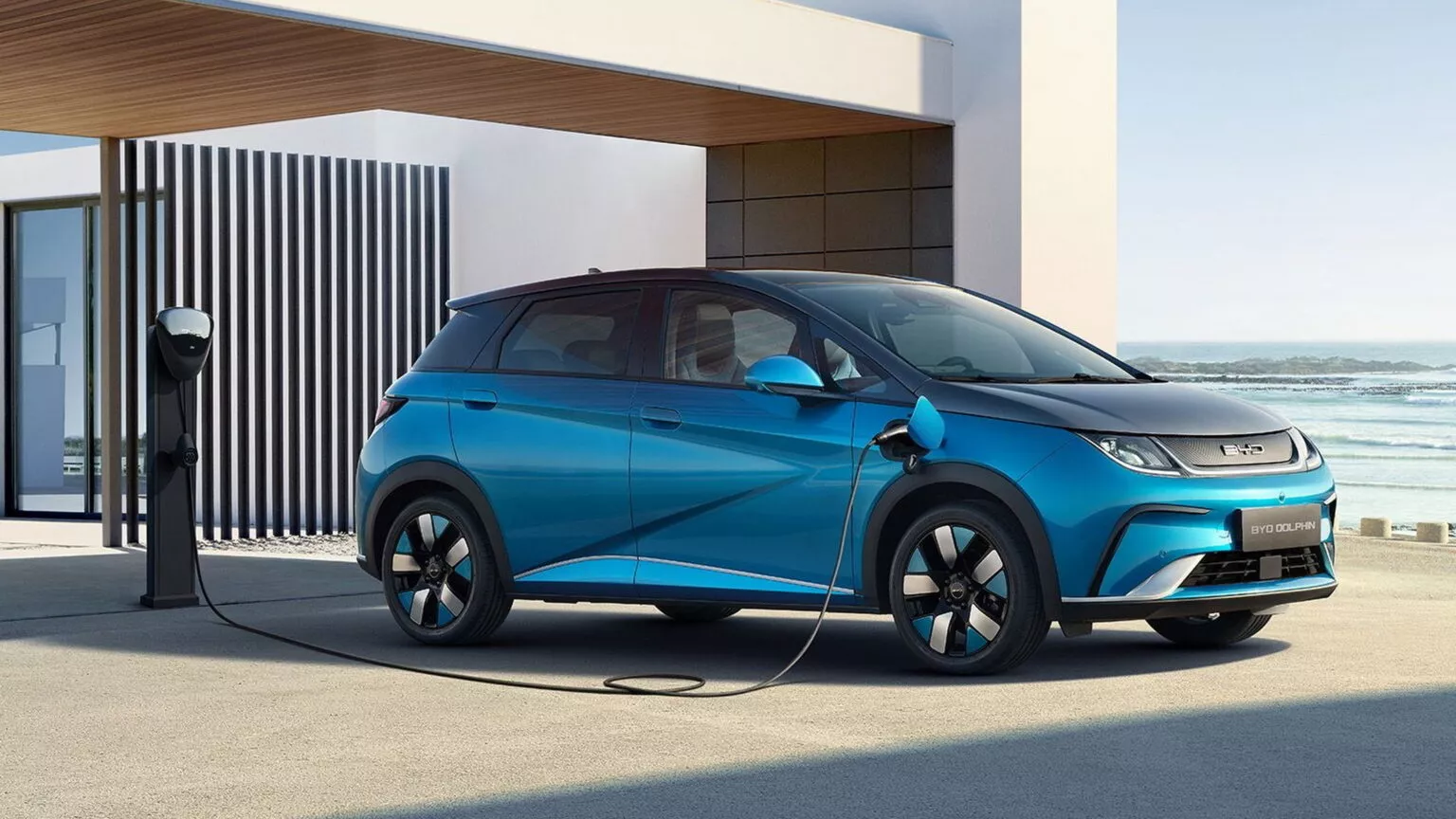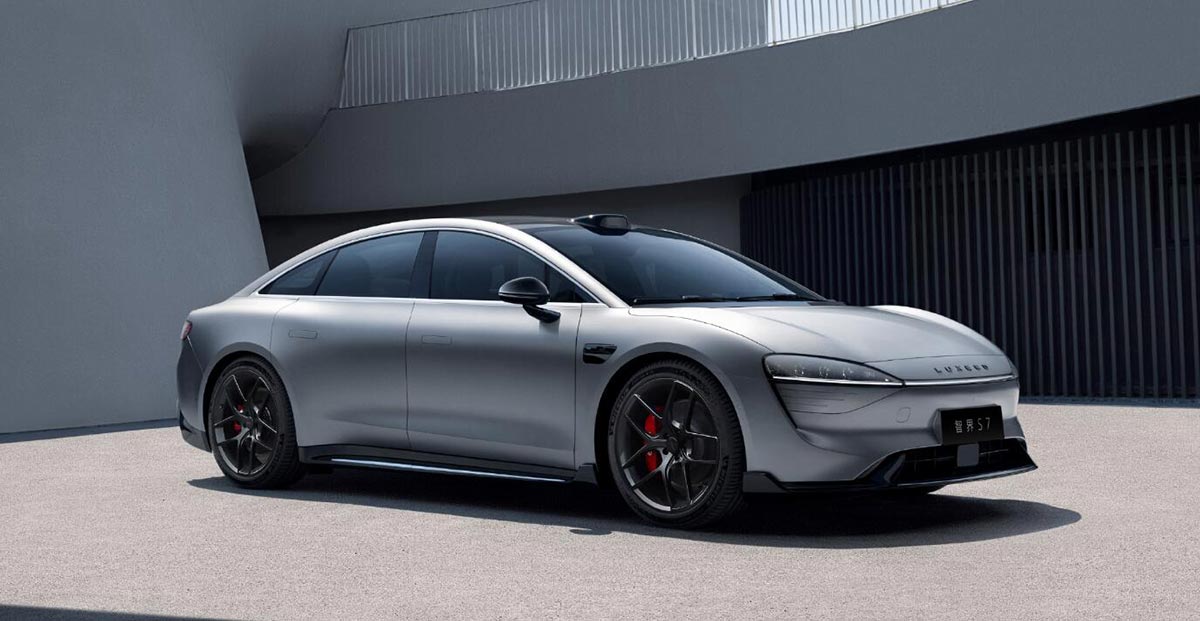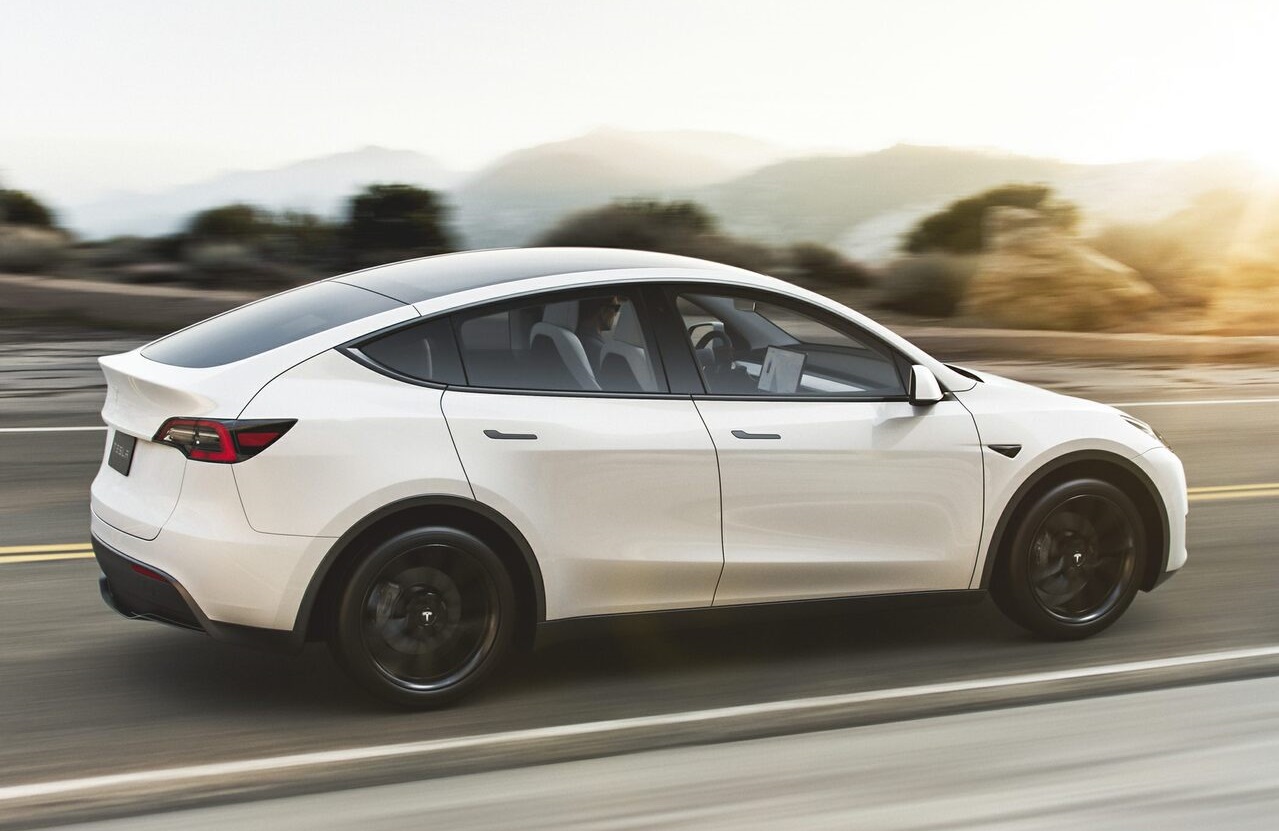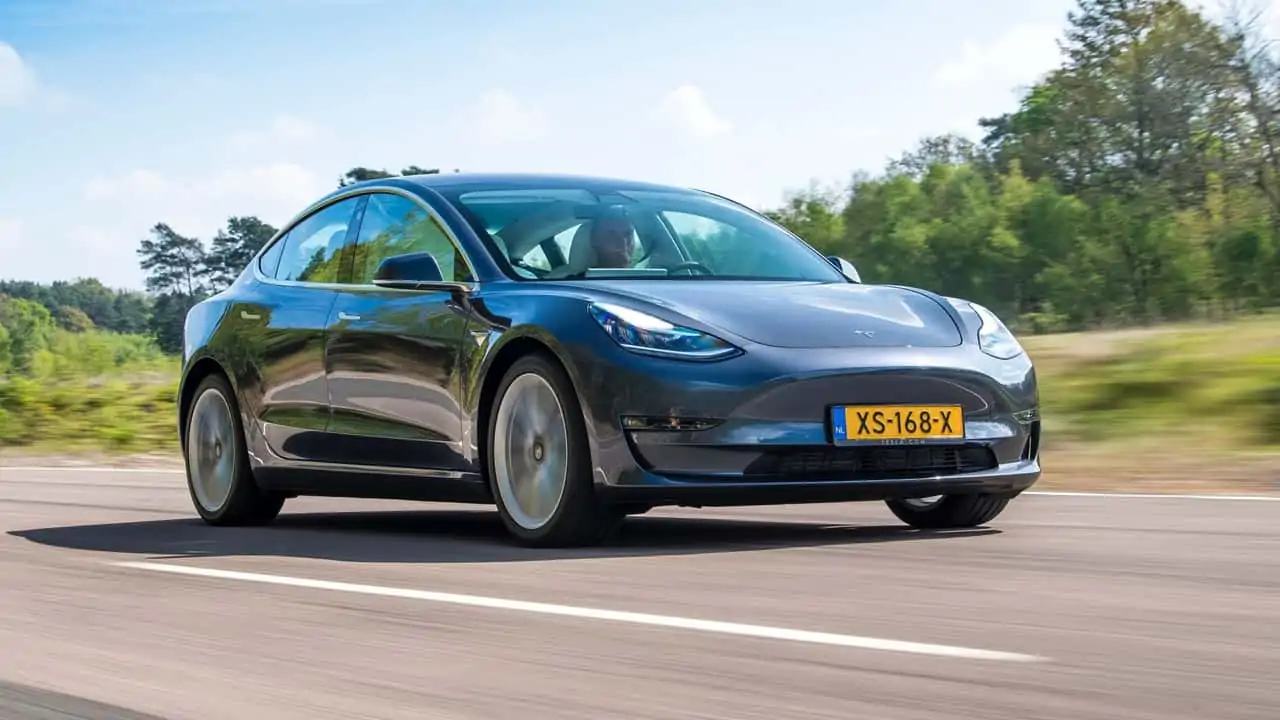China’s steadfast commitment to electric vehicle (EV) adoption, coupled with the continued progress of its homegrown automakers, has not only solidified the nation as the world’s largest EV market but has also propelled Chinese EVs onto the global stage. These vehicles are gaining significant market share in regions such as South Asia, South America, and even beyond.
A recent report by JATO Dynamics, a leading automotive market research firm, underscores the remarkable success of Chinese EVs in penetrating various international markets. The data for the first half of 2023 reveals a dominant presence of Chinese EVs in several countries.
In South Asian nations like Indonesia, Philippines, Malaysia, and Thailand, Chinese EVs have secured substantial market share, accounting for 29 percent, 33 percent, 28 percent, and a staggering 79 percent of total EV sales, respectively. In South America, Brazil and Chile are also witnessing the Chinese EV invasion, with each country registering 27 percent of new EV sales originating from Chinese brands.
The trend is particularly striking in Russia, where a remarkable 91 percent of new EV sales in the first half of 2023 came from Chinese manufacturers. This surge can be partially attributed to many Western carmakers suspending their operations in Russia due to the Ukraine conflict, allowing Chinese automakers to flourish in the market. Israel and Mexico have joined the ranks of countries showing a strong inclination toward Chinese EVs, with 61 percent and 30 percent of new EV sales, respectively, hailing from Chinese brands.
The driving force behind this global expansion of Chinese EVs is their affordability, combined with significant advancements in terms of quality and technology. Notably, the price of an average EV in China, which was 37 percent and 26 percent higher than in Europe and the United States in 2015, has witnessed a remarkable reversal. Today, the average EV price in China is less than half of the average EV price in Europe and the US.
In the first half of 2023, the average cost of an EV in China stood at $33,404 (€31,405), significantly lower than the prices in Europe, which averaged $71,669 (€66,864), and the US, which averaged $72,912 (€68,023) after currency conversion rates on November 6, 2023.
Furthermore, Chinese EVs with 200-300 horsepower are offered at remarkably competitive prices, with the BYD Seal’s Elite trim, featuring 204 horsepower, retailing for $26,197 (€24,106) in China. In comparison, the closest European counterpart, the electric version of the Renault Twingo, priced at $26,430 (€24,320), offers a mere 81 horsepower.
It’s worth noting that while Chinese EVs have made substantial inroads into global markets, Tesla stands as an exception to the affordability trend. Through multiple price reductions and incentives at federal and state levels, the effective prices of Tesla’s Model 3 and Model Y can dip below $30,000, as reported by numerous owners.
Brands such as Xpeng, BYD, and MG, part of the SAIC Motors group, are now becoming increasingly familiar sights on the streets of select European countries and even North America. These manufacturers, alongside others, have not only managed to offer competitive pricing but have also elevated the quality and technological appeal of their EVs.







